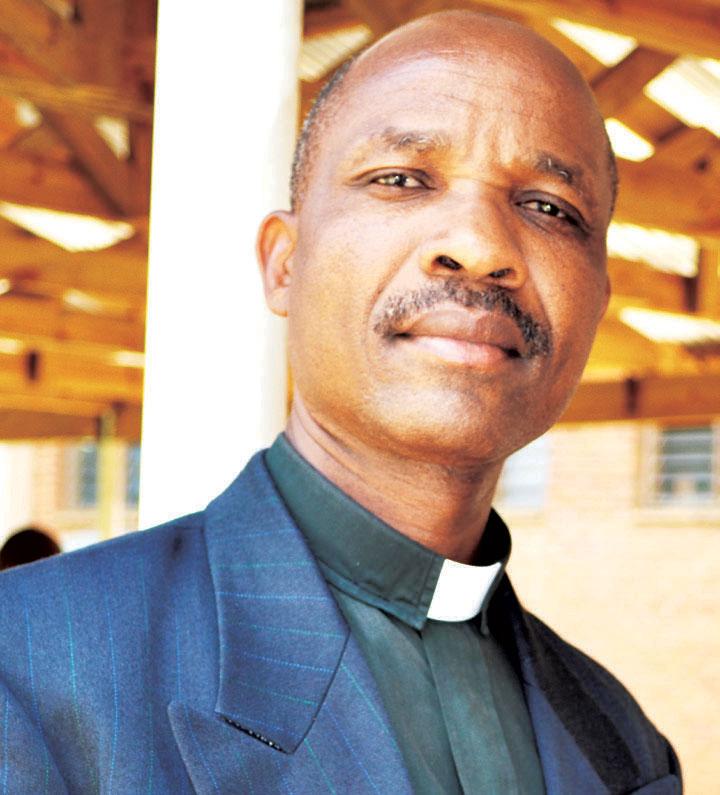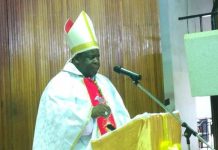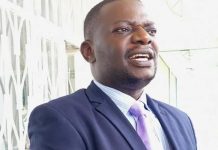Africa-Press – Malawi. The office of the Auditor General (AG) has, in the last 27 years, not audited political parties that receive government funds through Parliament, a development stakeholders say violates provisions of the Public Finance Management Act.
Beneficiary political parties and the AG’s office confirmed the development separately, with the latter saying such has been the case because, from previous engagements with parties, the parties raised concerns that funds they received were on the lower side.
Spokesperson for Malawi Congress Party (MCP), which has benefitted from the provision since the dawn of multiparty democracy in 1994, Reverend Maurice Munthali said in a response to our written questionnaire that they had not been audited all along because the cost of the audit was higher than the amount of funds they get.
He, however, said the party would abide by provisions of the new Political Parties Act, which stipulates that parties should have audited financial accounts.
“The party receives K17 million quarterly. This adds up to K68 million per annum. You will appreciate that the issue of audit only came with the enactment of the Political Parties Act… We will, hence, need to solicit funds to meet the audit cost which, in the meantime, is not feasible. Suffice to say that we are a law-abiding party,” Munthali said.
Shadreck Namalomba, who speaks for the main opposition Democratic Progressive Party (DPP), corroborated Munthali’s sentiments. “So far, no government audit has been done. We are in the process of recruiting an external auditor. However, because we do get government funding, we are also open to government audits,” he said.
Namalomba disclosed that the DPP gets about K19 million per quarter from the government, through the National Assembly. People’s Party, through its publicist Ackson Kalaile Banda, said no audit took place during the time they were benefitting from public funds.
Parliament spokesperson Ian Mwenye said, since the 2018-19 financial year, the political parties’ vote has been pegged at K150 million per year and that the MCP and DPP are the only beneficiaries in the current Parliament.
Asked why they had not audited political parties, Public Relations Officer for the National Audit Office Rabson Kagwaminga attributed the failure to resource constraints. He also said, for some time, funds allocated to the parties were negligible as compared to those allocated to other institutions.
“Second, no matters of significance emerged from the audits previously conducted. Therefore, based on these and other professional factors, the risks associated with these funds were assessed [to be] low. As such, it was only reasonable to apply our limited resources to audits of more risky clients,” Kagwaminga said.
He, however, said with the ever-growing public demand for transparent and accountable political parties coupled with a fair increase in allocated funds towards them, it has become imperative for them to initiate the audits which, he said, they once attempted.
Meanwhile, Centre for Social Transparency and Accountability Executive Director Willy Kambwandira has said political party financing is one area that must be taken seriously if Malawi were to win the battle against corruption and money laundering.
“Failure to account for public funds provides a fertile ground for abuse of public funds and fraud,” Kambwandira said.
Meanwhile, former Clerk of Parliament Roosevelt Gondwe has asked Parliament and the Treasury to engage parties to secure their cooperation in complying with the new Political Parties Act, which provides for government audits.
He also faulted the absence of a statute to regulate State funding to parties and the need for them to maintain proper books of accounts for submission to auditors.
Funding of political parties is in line with Section 40(2) of the Constitution, which states that: “The State shall provide funds to any political party which has secured more than one-tenth of the national vote in elections to that Parliament.”
For More News And Analysis About Malawi Follow Africa-Press






